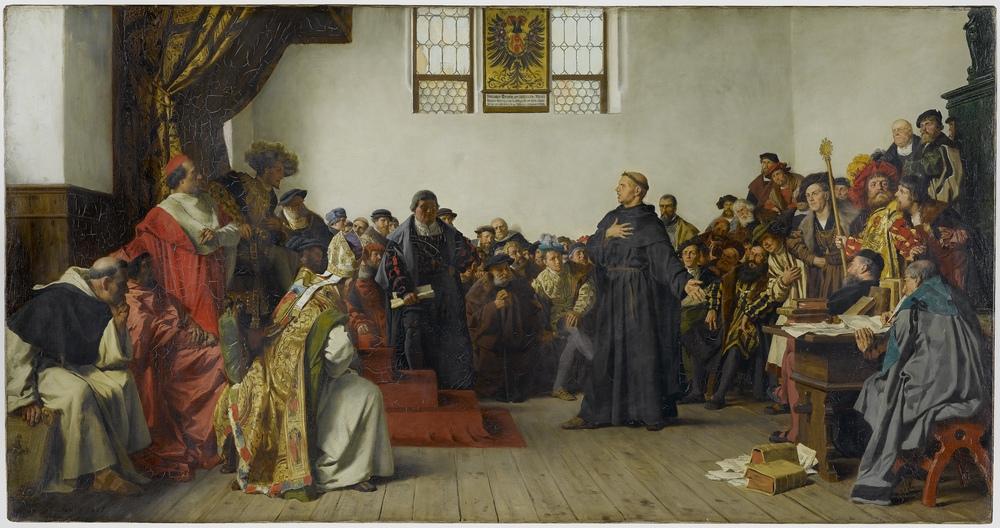Incarnation: The Intersection of Two Universes
/Gerard van Honthorst Adoration of the Shepherds, still influenced by Saint Bridget
A Twilight Musing
The word “incarnation” gets a lot of use this time of year, and like most frequently-used terms, its full meaning tends to get lost in its commonness. Literally, it means “being manifest in bodily form,” and it can refer to any disembodied entity assuming physical shape. However, when Christians say “The Incarnation,” they are of course talking about the Son of God being born and living out an earthly life as a human being. That bare fact would be astounding even if God had taken human form in the perfect world of the Garden of Eden; but His being incarnated in a world corrupted by sin betokens a cosmic intersection between changeless Divinity and the ever-changing sin-diseased heavens and earth. When the apostle John wrote the prologue to his Gospel account (John 1:1-18), he called the part of God that took human form “the Word,” which “was God” and was “with God” (v. 1) before He “became flesh and lived among us” (v. 14). Deathless Eternity was enveloped by mortal flesh, locking them in a battle from which either Eternal Life or endless Death would emerge victorious. Praise be to God, we know the outcome of that battle won by the Savior Jesus, whose incarnated flesh suffered death, but was raised in glory, the firstfruits of the victory over Death.
Both of the poems below reflect the process of the Word being encased in flesh, but then also emerging from flesh to become the Eternal Word again, having triumphed over Sin and Death. In the first poem, I have assumed a symbolic correspondence between the “swaddling clothes” in which Mary wrapped Jesus at His birth and the customary shroud in which His crucified body was buried. Although there was great rejoicing at Jesus’ birth because of the promises associated with His Advent, the lowly circumstances surrounding that birth indicated that His earthly existence would not fulfill the conventional expectations of powerful king and conquering hero. Just as His birth hid the death embedded in it, so His death was the womb of the Life embedded within it.
The second poem traces the same cycle of progress from the absolute and timeless Presence of God, to the extension of His Essence into the original creation of Earth, and finally to that Essence taking on human form, but without the corruption of sin. Through that Birth, Earth will be delivered from its corruption once again to embody the Essence of God’s original purpose for it, thereby empowering it to be the dwelling place for God’s eternal Presence.
"And the Word Became Flesh" (1985)
(John 1:1)
When Word invested in flesh,
No matter the shrouds that swathed it;
The donning of sin's poor corpse
(Indignity enough)
Was rightly wrapped in robes of death.
Yet breath of God
Broke through the shroud,
Dispersed the cloud
That darkened every birth before.
Those swaddling bands bespoke
A glory in the grave,
When flesh emerged as Word.
Take up this flesh, O Lord:
Re-form it with Your breath,
That, clothed in wordless death,
It may be Your Word restored.
Immanuel (1977)
In God's Presence
Is the essence
Of perfect earth;
In one birth
Knows all earth
The essence
Of God's Presence.
May the wonder of the Word becoming flesh be made real to each of those who rest in its redeeming power; and may each of those inhabited by the Spirit of Christ know with assurance that “this flesh . . . clothed in wordless death” is being transmuted to the “Word restored.”


















